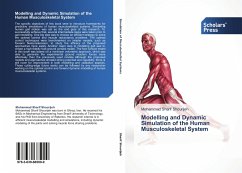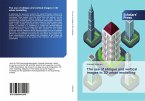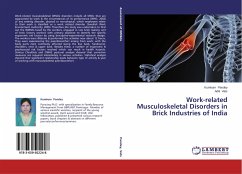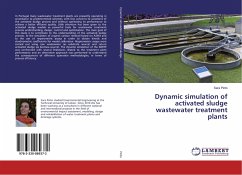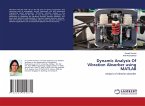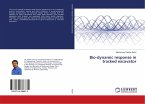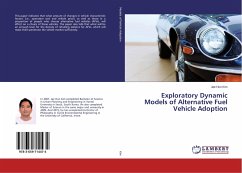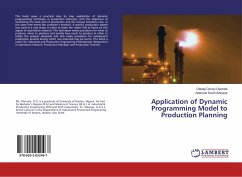The specific objectives of this book were to introduce frameworks for predictive simulations of human musculoskeletal systems. Simulating human gait motion was set as the end goal of this research. To successfully achieve that, several intermediate steps were taken prior to gait modelling. One big step was to choose an efficient strategy to solve the optimal control and muscle redundancy problems. The optimal control techniques were benchmarked on simpler models, such as forearm flexion/extension, to study the efficacy of the proposed approaches more easily. Another major step to modelling gait was to create a high-fidelity foot-ground contact model. The foot contact model in this book was based on a nonlinear volumetric approach, which was able to generate the experimental ground reaction forces more effectively than the previously used models. Although the proposed models and approaches showed strong potential and capability, there is still room for improvement in both modelling and validation aspects. These cutting-edge future works can be followed by any researcher working on the optimal control and forward dynamic modelling of human musculoskeletal systems.
Bitte wählen Sie Ihr Anliegen aus.
Rechnungen
Retourenschein anfordern
Bestellstatus
Storno

